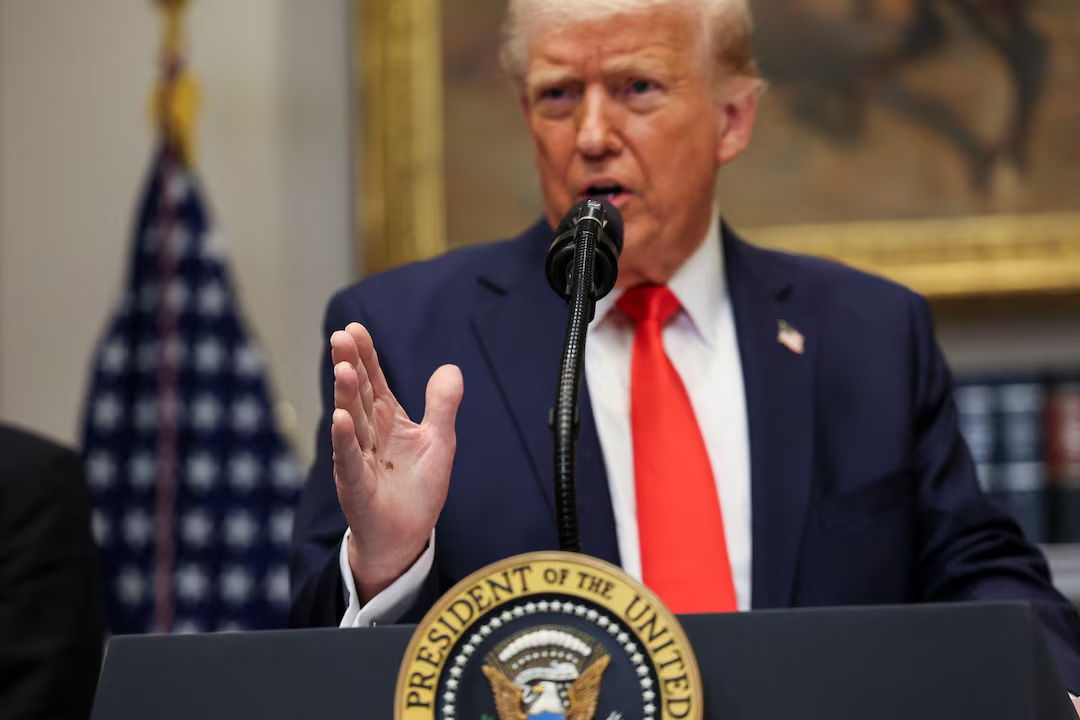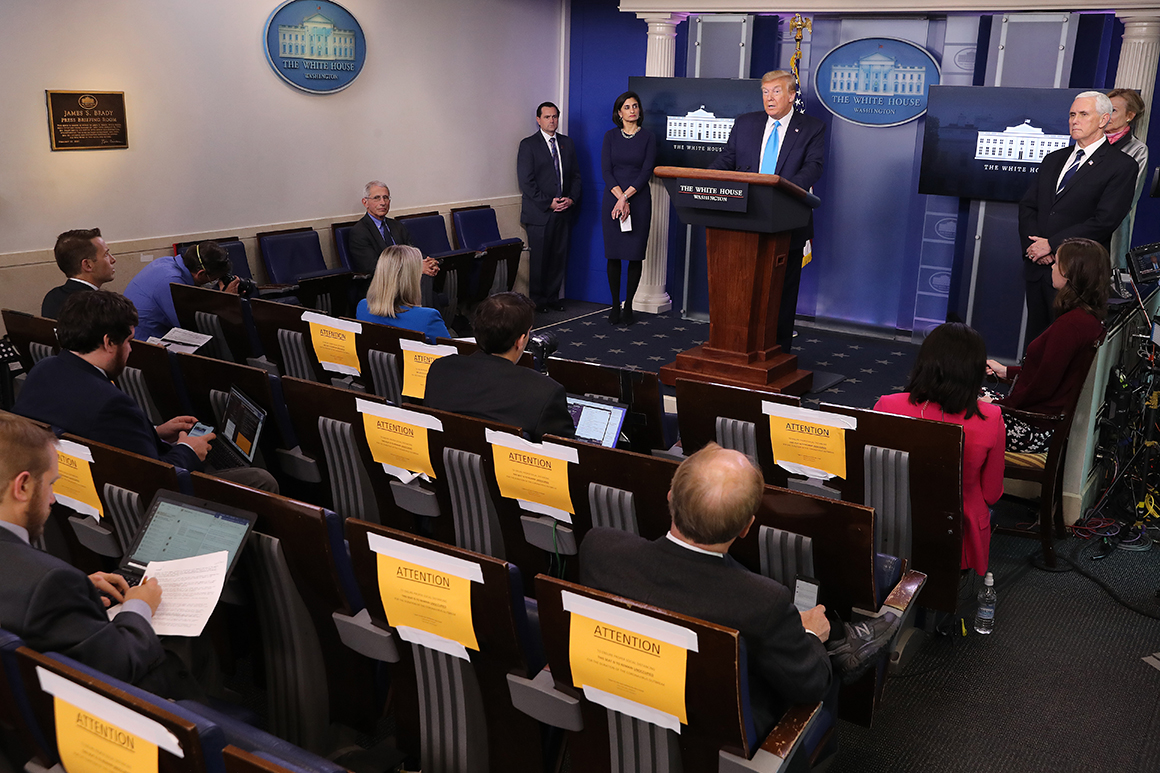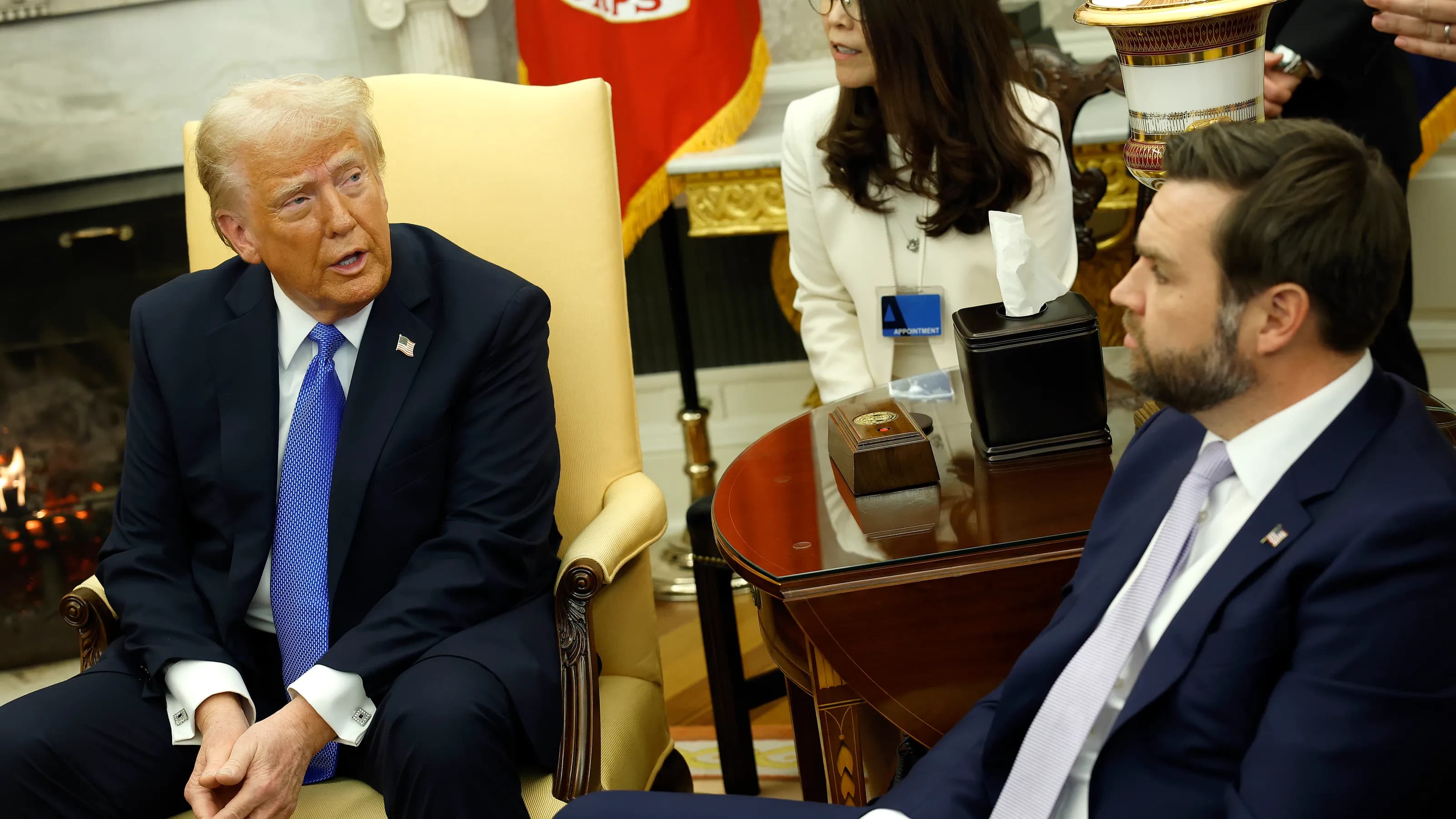President Donald Trump’s recent threats of tariffs are set to unleash chaos among Asian economies, with 14 nations now facing potential new levies starting August 1. This move is not just a mere economic tactic; it represents a fundamental shift in U.S. foreign policy that could cost these nations billions while reshaping long-standing alliances.
Asian Nations React with Outrage
In a series of letters that landed like a bombshell, Trump’s administration has put Asian allies on notice. According to Politico, the response from these nations has been overwhelmingly negative, with officials expressing shock, frustration, and anger. The letters, sent without prior warning, have thrown months of negotiations into disarray, alienating countries that believed they were working towards mutually beneficial agreements.
Consequences for Economic Stability
Economic instability is not just a threat but an impending reality for countries like Japan, South Korea, and Vietnam. The potential tariffs threaten to disrupt supply chains that have been finely tuned to serve American markets. As reported by The New York Times, these nations have built their economies around exporting to the West, and any new tariffs could lead to significant job losses and economic downturns.
Shifting Alliances Towards China
China is already positioning itself to capitalize on America"s aggressive trade tactics. Former officials from Japan indicate that Trump’s tariffs could serve as a “geopolitical gift” to China, accelerating a shift in alliances that could see Southeast Asian nations leaning more towards Beijing for economic partnerships. With trade between China and ASEAN nations exceeding $900 billion in 2024, the risk of these countries realigning economically with China is very real.
White House Claims of Engagement Are Misleading
The Trump administration has claimed that these letters were part of a good faith effort to gain engagement from Asian governments. However, the reality paints a different picture. As a former U.S. ambassador to ASEAN pointed out, there’s a growing sentiment that the U.S. is creating unnecessary friction that could unravel decades of diplomatic progress. The assertion that countries like Japan and South Korea have not engaged meaningfully is misleading, especially given their ongoing negotiations and efforts to meet U.S. demands.

China, Japan, South Korea will jointly respond to US tariffs ...
Implications for Global Trade
This tariff threat is not just an isolated incident but part of a broader strategy to sever economic ties with China. Trump’s administration is pushing nations to choose between the U.S. and China, which could have devastating effects on global trade dynamics. Countries are caught in the crossfire, with many weighing the benefits of aligning with a more reliable and geographically closer trading partner versus the unpredictable nature of U.S. trade policy.
The Economic Toll on Workers
The impact of these tariffs is not just felt at the government level; it will trickle down to workers and families. Industries that rely on exports, such as manufacturing and agriculture, could see significant declines, leading to job losses and wage stagnation. According to experts, this could exacerbate wealth inequality not only in the U.S. but also in affected Asian economies, further widening the gap between the rich and poor.
Urgent Need for Progressive Economic Policies
As the Trump administration doubles down on its confrontational trade approach, the need for progressive economic policies becomes increasingly urgent. Countries must consider strategies that prioritize fair trade practices, sustainable development, and equitable economic growth. The current trajectory of U.S. trade policy under Trump is not just risky; it threatens to undo years of collaborative economic relations and replace them with a climate of uncertainty and fear.

White House to require coronavirus tests for journalists ...



![[Video] Gunfire between Iraqi security forces and Sadr militias in Baghdad](/_next/image?url=%2Fapi%2Fimage%2Fthumbnails%2Fthumbnail-1768343508874-4redb-thumbnail.jpg&w=3840&q=75)
